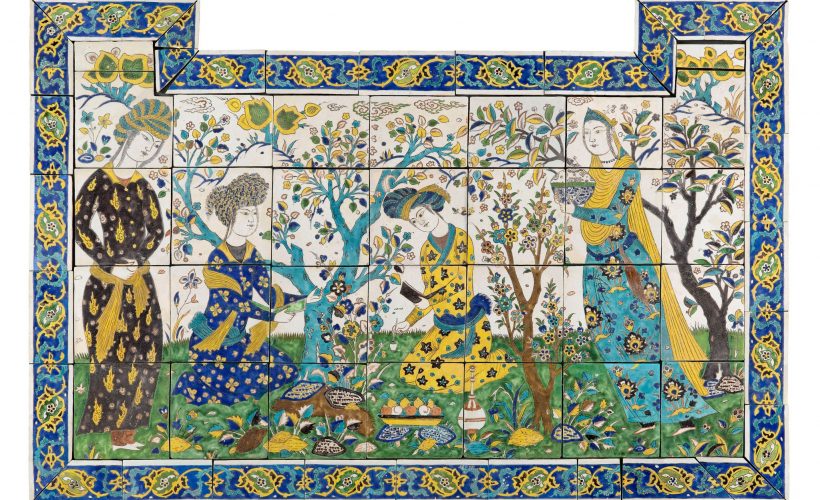History & Heritage
10.17.2023
Tunis, the city of Sufi shrines

Tunis is deeply imbued with Sufism, the traces of which are omnipresent in the city.
Tunis is a city deeply marked by the imprints of the various empires and cultures that have successively inhabited its landscape, sowing the seeds of a unique spirituality, marked today by the cult of saints or the veneration of walis, or Sufi spiritual masters. A stroll through the narrow streets of the Medina is all it takes to stumble across at least 25 mausoleums, testimony to the deep reverence Tunisians have for the various Sufi figures that marked their history.
The masterpiece of religious architecture in Tunis
The centerpiece of the spiritual and architectural landscape is the sanctuary of Sidi Mahrez. Dedicated to a tenth-century religious faqih, Sidi Mahrez Ibn Khalaf, the shrine echoes the beliefs of Tunisians in the deeds and piety of the man who also holds the honour of being the patron saint of the Tunisian capital. Mahrez, also renowned for his protective attitude towards the city’s Jewish minority, remains one of the most important figures in the collective memory and folklore of the people of Tunis.

The main piece of the shrine of Sidi Mahrez.
The mausoleum features the embellishments added by the rulers of the time, in particular the Husseinite rulers Hussein I Bey and Sadok Bey, mainly during the 18th and 19th centuries. The temple, which underwent a major restoration in the 1990s, features a decorated dome, walls adorned with ceramic upholstery and refined plasterwork in geometric and floral motifs, as well as detailed arabesque inscriptions. During the Husseinite era, Tunisia was a state under Ottoman vassalage and, as a result, the cultural influence of Istanbul can be seen in the religious buildings in the city built or renovated during this period, such as the mosque also dedicated to Sidi Mahrez, located just a few metres from the sanctuary. Inspired by the Süleymaniye Camii in the Turkish capital, the mosque, although not completed according to the original visions of the Bey of Tunis, remains a significant marker of the city’s architectural and spiritual identity.
Le mausolée de Sidi Ben Arous, une attraction touristique
The mausoleum of Sidi Ben Arous is another hallmark of the spiritual panorama of Tunis. Born in the 14th century, Sidi Ben Arous, a Wali who was also revered in Tunis, gave his name to one of the country’s largest cities. Built in 1437 during the reign of the Hafsids, then refurbished in 1654, the mausoleum is a magnet for tourists and locals alike who wish to be granted what they believe to be the Wali’s blessings.

Courtyard of the Sidi Ben Arous mausoleum.
popular

